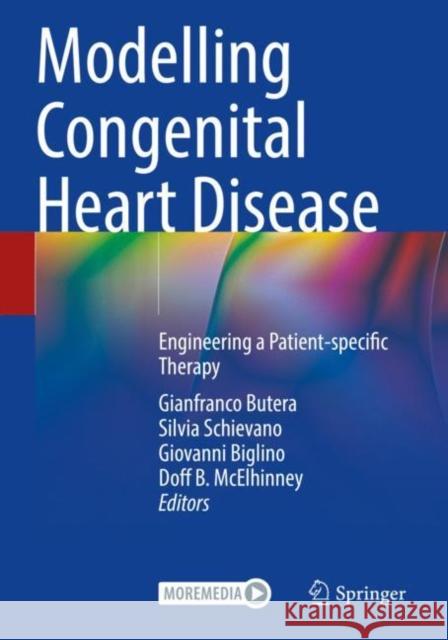Modelling Congenital Heart Disease: Engineering a Patient-specific Therapy » książka
Modelling Congenital Heart Disease: Engineering a Patient-specific Therapy
ISBN-13: 9783030888947 / Angielski
Modelling Congenital Heart Disease: Engineering a Patient-specific Therapy
ISBN-13: 9783030888947 / Angielski
(netto: 421,70 VAT: 5%)
Najniższa cena z 30 dni: 424,07
ok. 16-18 dni roboczych.
Darmowa dostawa!
This book combines medicinal and engineering knowledge to present engineering modelling applications (mainly computational, but also experimental) in the context of facilitating a patient-centred approach to treating congenital heart disease (CHD). After introducing the basic concepts of engineering tools, it discusses modelling and the applications of engineering techniques (e.g. computational fluid dynamics, fluid-structure interaction, structural simulations, virtual surgery, advanced image analysis, 3D printing) in specific congenital heart diseases. It also offers a number of clinical case studies describing the applications in real-life clinical practice. The final section focuses on the importance of surgical training, counselling and patient communication.Considering the unique anatomical arrangement pre/post repair in CHD, as well as the different surgical strategy and device options (e.g. stents) for interventions, a patient-specific approach is certainly warranted in this area of medicine, and engineering is helping improve our understanding of individual patients and their particular anatomy and physiology.To reinforce the idea of a necessary dialogue between clinicians and engineers, this book has not only been edited by two cardiologists and two bioengineers, but each chapter has been written by a clinician and an engineer, incorporating both voices in the description of state-of-the-art models for different CHDs.
This book combines medicinal and engineering knowledge to present engineering modelling applications (mainly computational, but also experimental) in the context of facilitating a patient-centred approach to treating congenital heart disease (CHD). After introducing the basic concepts of engineering tools, it discusses modelling and the applications of engineering techniques (e.g. computational fluid dynamics, fluid-structure interaction, structural simulations, virtual surgery, advanced image analysis, 3D printing) in specific congenital heart diseases. It also offers a number of clinical case studies describing the applications in real-life clinical practice. The final section focuses on the importance of surgical training, counselling and patient communication. Considering the unique anatomical arrangement pre/post repair in CHD, as well as the different surgical strategy and device options (e.g. stents) for interventions, a patient-specific approach is certainly warranted in this area of medicine, and engineering is helping improve our understanding of individual patients and their particular anatomy and physiology. To reinforce the idea of a necessary dialogue between clinicians and engineers, this book has not only been edited by two cardiologists and two bioengineers, but each chapter has been written by a clinician and an engineer, incorporating both voices in the description of state-of-the-art models for different CHDs.











